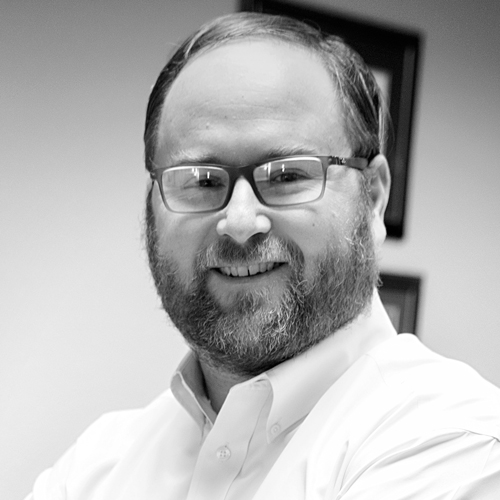For some healthcare organizations, keeping people out of the hospital may seem counterintuitive. But at Montage Health, promoting health outside of its hospital walls is part of its philosophy.
It wasn’t always that way, though, for the nonprofit healthcare provider based in Monterey, California. Similar to other legacy healthcare organizations, Montage turned its focus to internal interests—number of patients treated, patient revenue, operating costs, etc.—until around 2008, when community leaders approached the hospital and urged the team to do something about the cost of healthcare.
That’s when Laura Zehm, CFO for Montage Health, knew that it was time to steer major change. “We realized we were just kind of throwing patients over the wall,” Zehm recalls. “We started talking about changing direction to where we felt like we needed to go, which was toward population health. We needed to do a better job of serving the community, whether they were in our house or not.”
This demand for change was growing evident in-house, as well. Zehm says that over the years, she watched as the cost of her own employees’ health plans rose at steeper rates. She sought to find a solution to alleviate their burden. After canvassing the country in search of an innovative business model that could align with Montage’s service mission, executive leaders landed in Asheville, North Carolina, where a population health program was successfully underway.
“We looked for people that were ahead of us,” she says. “The Asheville Project was a disease management program based upon individual coaching and interventions. We added a wellness program to this effort. These two efforts overlap, and, when deployed together, resulted in a five-year flattening of our own health plan cost curve. We definitely saw some success.”
Once Montage knew that population management could work with its employees, Zehm worked with her fellow executives to build a business model and presented it to the board. In 2012, the board approved measures to bring the concept to the community.
“We needed to do a better job of serving the community, whether they were in our house or not.”
Montage’s population health initiative centers on key partnerships with primary care physicians, specialists, and case managers that provide individualized care. “We have a population management company, where the case managers are engaged with specialists, and they are really good at calling on people and getting them engaged in their own healthcare,” she says.
One of the questions that emerged included how to best align Montage’s community health goals in a way that was financially sustainable for local healthcare providers. The health system needed to find a way to get closer to the premium dollar so it was incentivized to keep people out of the hospital, as opposed to inside. The answer?
“We ended up building an insurance company,” Zehm explains. “We wanted to partner since we did not know anything about running an insurance company, but all of the insurance providers were dealing with healthcare exchange issues. We also felt that we could not wait. So, if our goal is to keep people out of the hospital, then we needed to find a financial model sustainable enough for our own system.”
As a result, Aspire Medicare Advantage Insurance launched in 2014. It was an unusual brainchild for a healthcare system, and something that wasn’t always an easy sell for Zehm, who took the reins as CEO at the insurance subsidiary.
“When we first sold the idea to the board, they said, ‘Let me get this straight; I started on the board of a hospital, and now I’m on the board of an insurance company,’” Zehm says. “They were asking why we were doing it and how. With the rapid rate of change, we need to continue to inform, communicate, and educate.”
Zehm says she stressed that if Montage didn’t take control, someone else would—and they probably wouldn’t favor the end result. “I went through this litany of what would happen if we didn’t do it,” she says. “We could be commoditized. Then we’re fighting and scrapping, and maybe getting worse and worse deals, and then the community would blame us for it. It was scarier to think about the future without doing something like this. That’s why I have so much passion for it.”
It’s a passion that has endured for more than thirty years, when Zehm first came aboard at Community Hospital of the Monterey Peninsula as a reimbursement specialist. Zehm says the health system has offered her growth and the opportunity to be innovative.
Switching Montage’s focus to population health was admittedly a risky transformation. But still, Zehm says the organization is “going all in” on its population health plan. She points to the success stories that have emerged from case managers, which prove they are heading in the right direction. Today, Montage Health is the nonprofit parent of a family of companies, including Community Hospital of the Monterey Peninsula, Community Health Innovation, Peninsula Primary Care, and Aspire Medicare Advantage Insurance.
“We hope to change the way that healthcare is delivered in Monterey County,” she says. “The healthcare system is designed to address healthcare in a holistic way, meeting people where they are in their health status and helping them to stay healthy, manage their disease, and to help them manage the healthcare system.”


